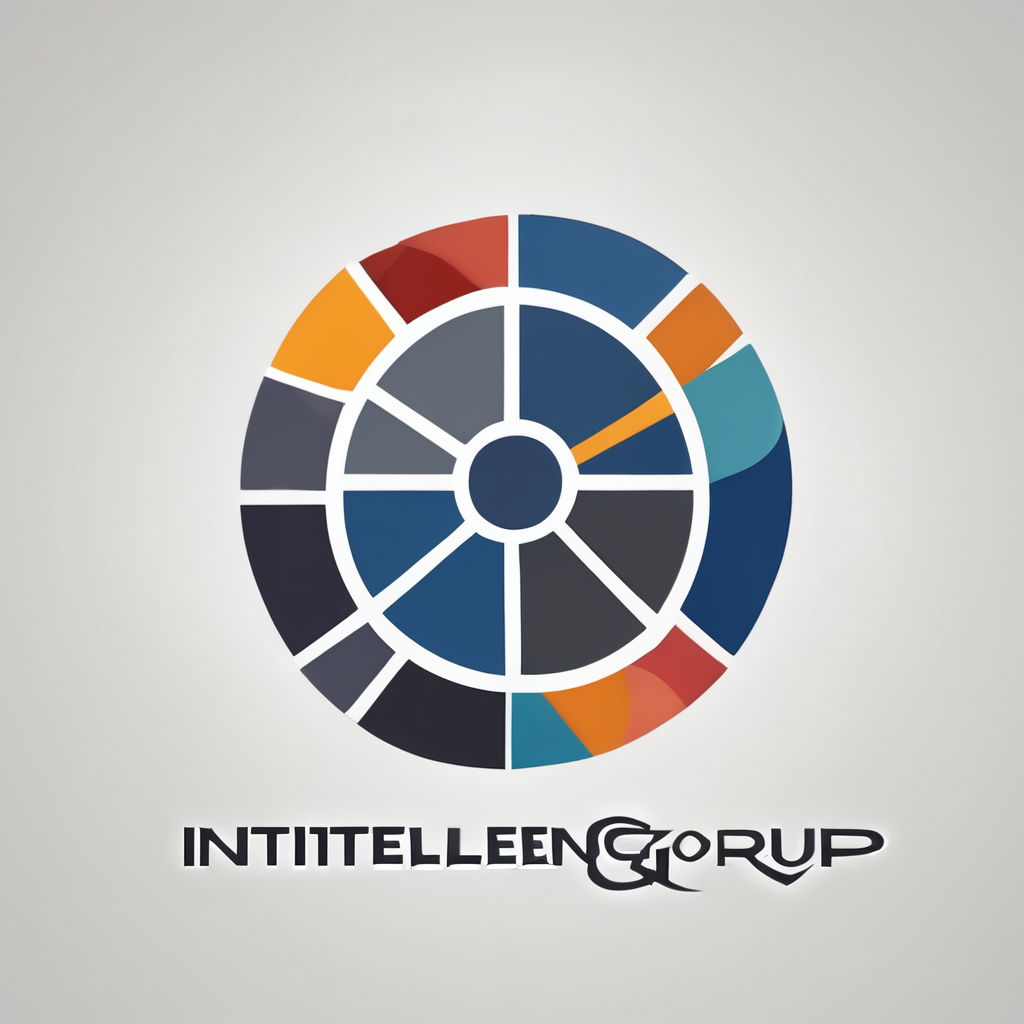Key Forces Set to Impact UK Business Over the Next Decade
Understanding the future of UK business requires a clear view of several transformative forces shaping the landscape. Among the primary influencers, technological advancements stand out strongly. Innovations like AI and automation are not merely trends; they represent fundamental shifts that enhance operational efficiency and productivity across sectors. Businesses embracing these technologies are better positioned to compete both domestically and internationally.
Economic conditions and political developments equally affect the UK business outlook. Brexit’s continuing impact on trade structures and investments forces companies to adapt strategies to navigate regulatory complexities. The evolving political environment also creates shifting rules and market access conditions that businesses must continuously monitor.
Also to read : What Are the Key Strategies for Thriving in the Competitive UK Business Environment?
Moreover, evolving market and consumer expectations dictate strategic adjustments. Modern consumers demand transparency, sustainability, and personalised experiences. Companies that align their offerings with these preferences gain market advantage and strengthen brand loyalty.
Altogether, these challenges for UK companies—technological change, political-economic uncertainty, and changing consumer behaviours—form the core dynamics shaping the decade ahead. Adapting proactively will be crucial for sustained success in this evolving business environment.
Also read : What are the keys to success in the UK business market?
Technological Innovation: Accelerating Change in UK Industries
The rise of UK business technology trends is reshaping how companies operate, compete, and grow. At the forefront is the widespread adoption of automation in UK sectors. Automation streamlines repetitive processes, reduces errors, and frees human resources for higher-level tasks, significantly boosting productivity.
Artificial intelligence is another pivotal factor in the technological transformation. Artificial intelligence in UK business aids decision-making through data analysis, predicts market shifts, and improves customer experiences by personalising offerings. These advances contribute to a sharper competitive edge.
Across industries— from manufacturing to services—embracing digitalisation facilitates faster innovation cycles and increased operational efficiency. Businesses that integrate these technologies position themselves for growth amid evolving market demands.
Understanding and capitalising on these technological innovations help address core challenges for UK companies, such as maintaining relevance and scaling effectively. As part of the broader future of UK business, technology will remain a critical driver in sustaining competitiveness and meeting customer expectations.
Economic and Political Influences on UK Business Growth
The Brexit impact on UK businesses remains a prominent factor shaping the UK business outlook. Trade barriers and customs checks have increased costs and complexity, requiring firms to adjust supply chains and market strategies. Additionally, regulatory divergence from the EU creates ongoing uncertainty. How can companies adapt? They must invest in compliance capabilities and diversify trading partners to mitigate risks.
The UK economic outlook faces challenges such as inflation, fluctuating currency values, and global market volatility. These elements influence investment decisions and access to capital, directly affecting business growth. Monitoring economic indicators helps companies anticipate changes and adjust financial planning accordingly.
Changing UK business regulations—including environmental rules, labor laws, and data protection—demand vigilance. Companies need proactive approaches to regulatory compliance, which can become a competitive advantage if managed well. Moreover, international relations beyond Brexit, such as trade agreements with non-EU countries, will open new opportunities, but also introduce complexities.
Understanding these economic and political influences equips businesses to navigate an evolving landscape, addressing challenges for UK companies while seizing growth prospects.
Sustainability and Environmental Pressures Reshape UK Strategy
Sustainability has become a central concern in the future of UK business as environmental pressures shape operational priorities and long-term strategies. Companies face increasing environmental pressures UK through stricter regulations and rising consumer demand for eco-friendly practices. Meeting these demands requires robust business sustainability strategies that reduce carbon footprints, streamline resource use, and promote circular economy principles.
Regulatory frameworks are evolving rapidly, with businesses expected to comply with new emissions targets and reporting requirements. How can companies adapt? Integrating sustainability into core functions—from supply chains to product design—ensures compliance and generates competitive advantage. This approach aligns with growing UK sustainability trends, where transparency and accountability build trust with stakeholders.
Innovations such as renewable energy adoption and waste minimisation technologies are powering sustainable growth. Leading UK firms showcase how proactive environmental responsibility not only mitigates risks but also opens new market opportunities. Addressing these challenges for UK companies is crucial in the broader context of the UK business outlook, where sustainability influences both reputation and profitability.
Key Forces Set to Impact UK Business Over the Next Decade
The future of UK business hinges on how companies respond to intertwined forces reshaping the landscape. Among them, technological advancements continue to transform operations, driving new efficiencies and business models. Embracing these innovations is essential to stay competitive amid fast-evolving trends in UK business.
Economic and regulatory shifts generate complex challenges for UK companies. The UK business outlook must account for ongoing political changes, fluctuating market conditions, and tightening regulations. Proactive adaptation remains vital; businesses that anticipate these shifts can better manage risks and capitalise on opportunities.
Furthermore, evolving market and consumer expectations strongly influence strategy. Customers increasingly prioritise sustainability, transparency, and personalised experiences, requiring companies to realign their offerings to meet these demands. This dynamic creates both pressure and potential for businesses ready to innovate.
Altogether, these forces—technological change, economic and regulatory influences, and shifting consumer behaviour—shape the core challenges for UK companies in the coming decade. Success depends on agility and strategic foresight in balancing these factors within an uncertain environment.
Key Forces Set to Impact UK Business Over the Next Decade
The future of UK business hinges on the interplay of technological advancements, economic shifts, and changing consumer expectations. As trends in UK business evolve, companies must confront multiple challenges for UK companies to secure growth and resilience.
Technological progress continues to drive transformation. Automation and artificial intelligence streamline processes and enhance decision-making, fostering competitive advantage. The integration of cutting-edge technologies reshapes operational models, demanding ongoing investment and talent development.
Economic and regulatory changes remain crucial. Companies navigate the UK business outlook complicated by Brexit’s lingering trade effects, fluctuating economic indicators, and evolving regulations. Strategic agility is essential to respond to policy shifts and global market pressures while ensuring compliance.
Simultaneously, consumer preferences shift markedly. Greater demand for transparency, sustainability, and personalised experiences pushes companies to redefine their market approaches. Aligning business strategies with these evolving expectations supports brand loyalty and long-term viability.
In sum, the convergence of innovation, economic realities, and consumer behaviour forms the foundation of the business landscape UK companies must master in this dynamic decade.
Key Forces Set to Impact UK Business Over the Next Decade
The future of UK business is shaped by intertwined forces driving ongoing transformation. Among these, technological advancements remain critical, with automation and artificial intelligence in UK business streamlining operations and enabling smarter decision-making. These technologies are no longer optional; they directly affect productivity and competitiveness.
Economic and regulatory factors also weigh heavily on the UK business outlook. Brexit’s long-term effects continue to influence trade patterns and investment flows, while shifting regulations demand adaptable compliance strategies. Companies face volatile markets and policy uncertainties that require strategic agility to manage risks and seize opportunities effectively.
Consumer expectations further complicate the landscape. Evolving trends in UK business reflect stronger demands for transparency, sustainability, and personalised experiences. Businesses must realign strategies to meet these shifting priorities or risk losing market relevance.
Navigating these challenges for UK companies requires a balanced approach, integrating innovation with responsiveness to economic dynamics and market changes. Success hinges on understanding how each force impacts operations and leveraging this insight to build resilient, future-proof business models.










